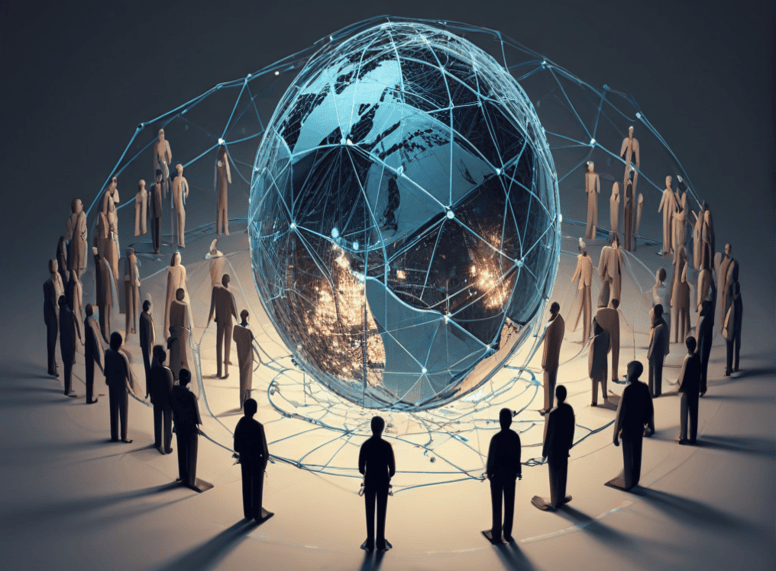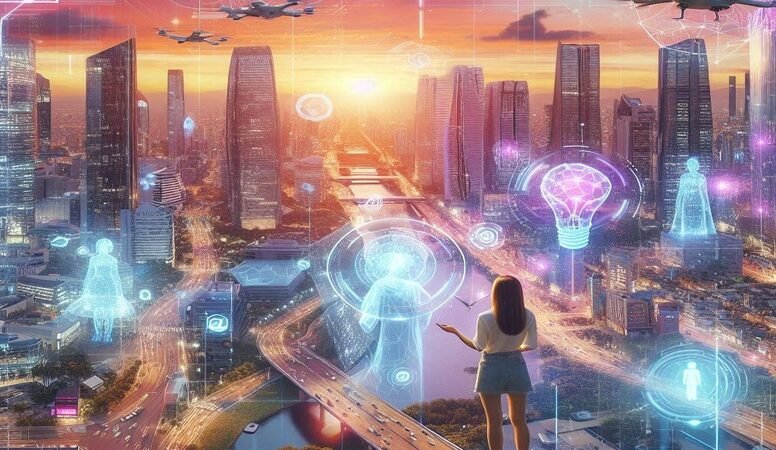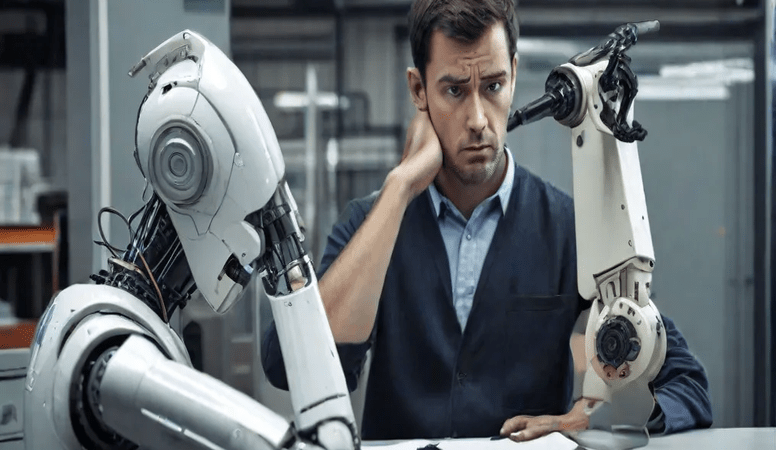In the current era of artificial intelligence (AI), the conversation around AI rights has gained significant momentum. As AI systems become more advanced and capable of performing tasks once reserved for humans, questions about their legal and ethical status are coming into sharper focus. Let’s explore the complexities surrounding AI rights, the human rights implications, and the need for regulatory frameworks that ensure ethical use.
What Are AI Rights?
At its core, the concept of AI rights revolves around whether an AI system should be given a legal status similar to that of humans or organizations. Humans enjoy fundamental rights, and organizations have corporate personhood. However, AI presents a unique challenge. As AI systems become increasingly complex and autonomous, some argue for granting them certain legal protections or holding them liable for their actions.
Positive Contributions of AI
Artificial Intelligence has the potential to revolutionize various industries and improve our lives in numerous ways:
- Automating Repetitive Tasks: AI systems can handle mundane and repetitive work, freeing up human time and resources for more complex and creative endeavors.
- Data Analysis and Insights: AI can analyze vast amounts of data quickly and accurately, providing valuable insights for decision-making in fields such as healthcare, finance, and scientific research.
- Efficiency and Innovation: By automating processes and enhancing productivity, AI can drive innovation across different sectors.
Negative Implications of AI
Despite its benefits, AI also poses several risks and challenges:
- Job Displacement: The automation of tasks traditionally performed by humans could lead to unemployment and widen economic inequality if not managed effectively.
- Ethical Concerns: AI raises critical ethical issues, including bias in algorithms, privacy concerns, and questions about accountability for AI-driven decisions.
- Social and Economic Impact: The societal impact of AI, particularly in terms of economic disparities and ethical dilemmas, demands careful consideration and proactive management.
The Role of Civil Society
Civil society plays a crucial role in advocating for a rights-based approach to AI development. Engaging with experts, policymakers, and stakeholders ensures that diverse perspectives shape regulatory measures. Collaboration among civil society organizations can mitigate risks related to algorithmic bias and discrimination, while promoting transparency and accountability.
The Future of AI Governance
As AI technology advances and becomes deeply integrated into society, collaboration among governments, organizations, and stakeholders is essential to develop comprehensive policies. While governments and organizations are working on ways to regulate AI, balancing innovation with responsible development remains a significant challenge.
Conclusion
The debate over AI rights is still in its early stages, but it raises critical questions about the future of technology, society, and law. As AI systems become more prevalent in our daily lives, establishing clear legal frameworks and ethical guidelines will become increasingly important. While the idea of granting AI rights may still be far off, today’s discussions will shape the future of AI governance and its societal impact.








